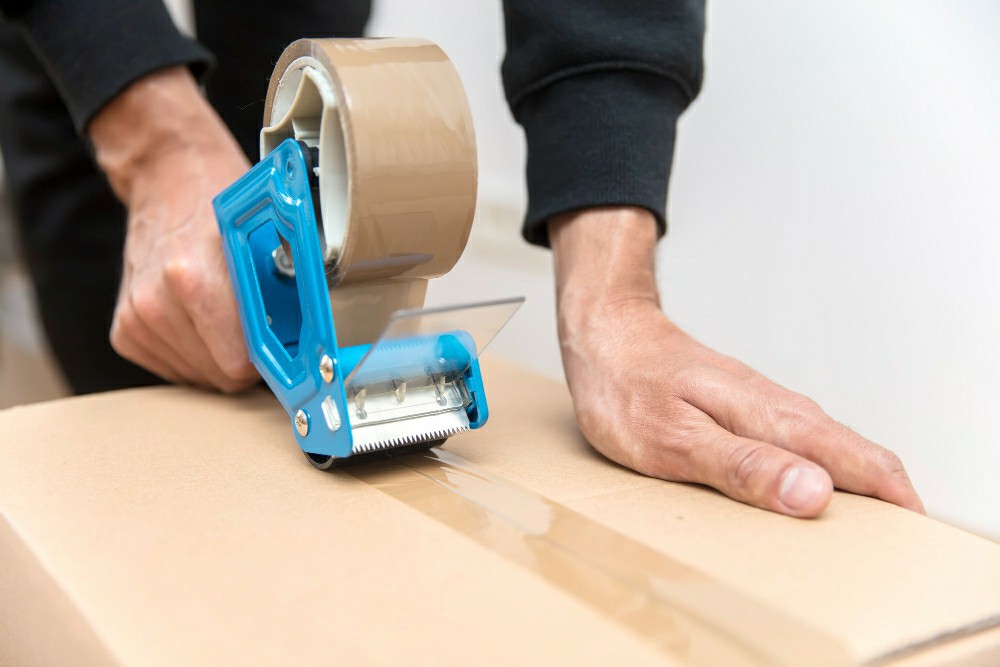


 349,500 Offered Certificates
349,500 Offered Certificates
 24/7 Online Training
24/7 Online Training
 Money Back Guarantee
Money Back Guarantee
 Fully Accredited Courses
Fully Accredited Courses

Created at: 23-11-2024 21:02
In the dynamic field of healthcare, the safety and well-being of both patients and healthcare professionals are paramount. One key element that significantly contributes to safety is effective manual handling. This guide explores why manual handling techniques certification is essential for healthcare workers in Ireland, highlighting the risks associated with improper handling and how accredited training can mitigate these dangers.
Manual handling refers to any transporting or supporting of a load by hand or bodily force. In healthcare settings, this often involves lifting, moving, or repositioning patients. While essential, these tasks present numerous risks, including strains, sprains, and other injuries if not performed correctly. Therefore, specialized training in manual handling techniques is critical.
The manual handling techniques training course offers in-depth knowledge and practical skills tailored specifically for healthcare professionals. Here's what learners can expect:
Theoretical training lays the groundwork for understanding the principles of safe lifting and movement. Participants will learn about:
A critical skill covered in the course is conducting a thorough risk assessment for manual handling tasks. This includes:
Hands-on training is integral to the course, with participants practicing:
Recognizing the demanding schedules of healthcare professionals, manual handling techniques course online options are available. These courses offer:
Upon successful completion of the manual handling techniques certification course, participants receive an accredited certificate. This recognition is vital for:
Investing in certified manual handling techniques training is not just a legal obligation but a moral imperative to ensure the safety of both healthcare workers and patients. Hospitals, clinics, and care facilities across Dublin, Cork, Galway, and beyond should prioritize this crucial training to foster a safer working environment. An informed workforce leads to better patient outcomes and a more efficient healthcare system.
For more information or to enroll in a manual handling techniques safety course, visit Ireland Safety Training or contact us at [email protected].